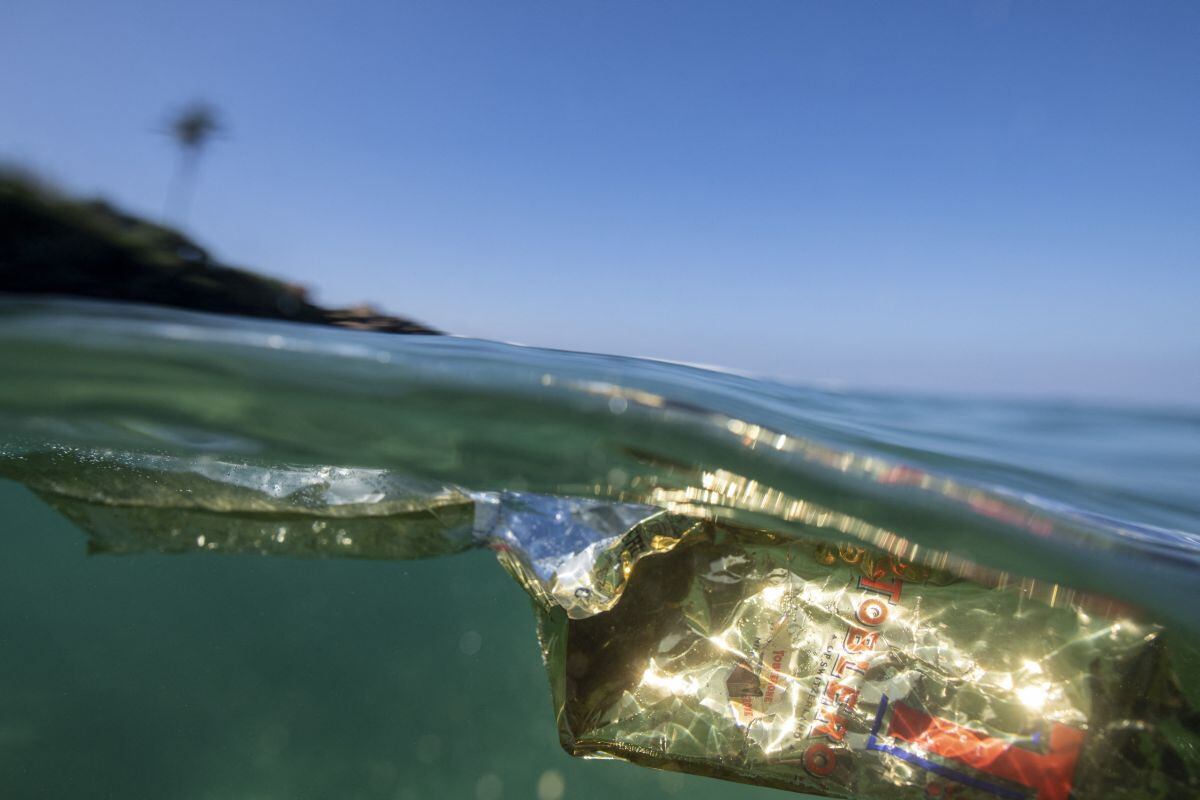
Humanity abuses plastic because it is so cheap, but an ambitious international treaty would massively reduce our dependence on disposable plastics, says Inger Andersen, executive director of the United Nations Environment Program in an interview with AFP Agency.
-What are the main obstacles to an ambitious treaty?
Today raw virgin polymer is cheaper than recycled polymer. What will allow us to move from the current linear system (“we take, we produce, we throw away”) to a circular system? It will not be easy. Currently it is free to throw away, but the externality of the environmental cost and for human health is enormous. And that has no taxes.
I am a firm believer in reformulating products. Today we want many of our products to be liquid: our shampoo, our toothpaste or our detergent. Because our species loves practical life. But there are many things that we can “disliquefy” and transport solidly in boxes.
–Is recycling, currently 9%, a credible solution?
Recycling by itself will not get us out of trouble. But recycling is one of the many keys to getting ahead. We must be aware that today we throw away plastic material. It has no value. When I was little in Denmark and had little pocket money, I collected bottles with my brothers, because at that time they gave us 50 cents. It was very little, but it had value. Imagine the day when these things will have value: we will treat them very differently.
-What other mentality changes are necessary?
Being aware is the first stage. Without putting the responsibility on the consumer, since in the end, it is companies and governments who must assume it, the second stage is the following: We have the power of choice over a lot of things.
For example, at a party: Do we need disposable cups or can we wash them afterwards? Do I really need this plastic bag to carry five tomatoes? It is a heavy polymer, which will spend a hundred or even a thousand years in the landfill. And if you see bananas in a plastic bag next to some without… you know, Earth made them and already packed them.
But the most important systemic changes will come with agreements like the treaty we are about to negotiate.
-Plastic pollution was ignored for a long time in international negotiations, how did you open the way for a draft treaty like this?
Popular demand has become very strong, and in most countries it comes from both the left and the right. For me, it is the result of the activism of a wide variety of people. And I ask all those activists to keep up the pressure so that the future treaty contains binding (…) ambitious elements.
-But are activists concerned about the influence of the industry?
We have registered a total of 2,800 participants for these negotiations in Paris, 908 of them government, 1,712 members of NGOs and ten industry associations.
If we go back to the ozone layer, which is probably our most successful treaty, we couldn’t find a solution without the presence of industry at the negotiating table. I think that once the legislation is passed, companies will follow it. And I tell you: This will arrive very soon at your nearest cinema. Since they are, it is better to participate and be part of the change, because the treaty is coming and it will be ambitious, since it is what the world wants.
Will humanity be able to do without plastic one day?
Plastic is everywhere. We will always need the electric switch, the steering wheel, etc. But we must reflect on the problem of single use. We abuse plastic because it is so cheap, but there are consequences for the environment, oceans, flora and fauna. We are increasingly aware of the impact on our own health.
Fountain: Marlowe Hood, Benjamin Legendre, Agencia AFP
Source: Gestion
Ricardo is a renowned author and journalist, known for his exceptional writing on top-news stories. He currently works as a writer at the 247 News Agency, where he is known for his ability to deliver breaking news and insightful analysis on the most pressing issues of the day.











